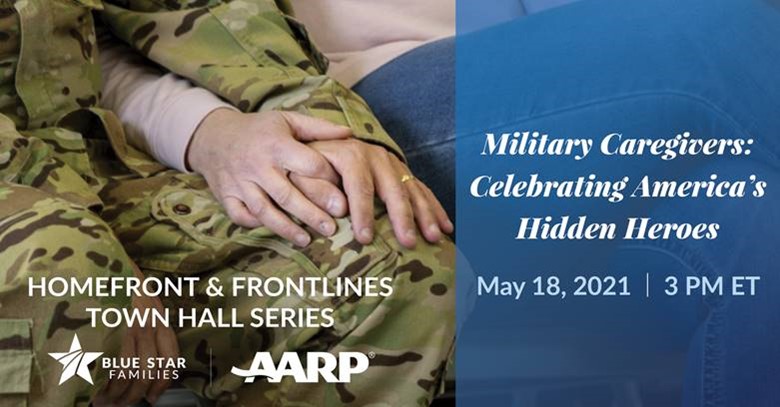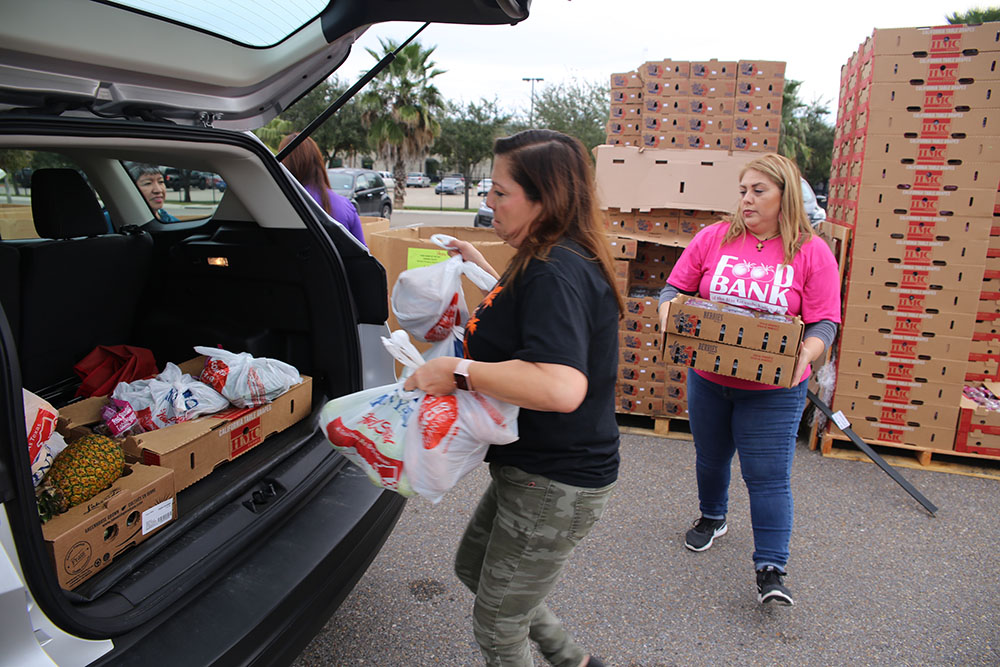Time away from family, balancing home life, and spousal unemployment are just a few of the challenges the military community and caregivers face that may have been worsened by the COVID-19 pandemic, according to the latest “Military Family Lifestyle Survey” from Blue Star Families, an organization that supports military families.
The findings come from nearly 11,000 military families worldwide who were polled in September and October.
Inevitably, the COVID-19 pandemic put additional strain on military families over the course of the year. Respondents reported significant changes in the financial and caregiving aspects of their lives during the pandemic, including:
- 45% report their caregiving situation is worse or much worse.
- 10% could not provide care at all.
- 32% report their financial situation is worse or much worse.
- 60% experience stress due to their financial situation.
Town Hall
Using key findings from the annual Military Family Lifestyle Survey, Blue Star Families and AARP have invited subject-matter experts, including senior leaders from VA, to bring the data to life through a virtual town hall. During the event, you’ll hear personal stories, research findings and conversations focused on solutions to the main issues facing military caregivers.
For active-duty military caregivers, it may be particularly difficult to help loved ones during military deployment and repeated station changes. Long-distance caregivers also tend to spend more money than those caring for someone nearby (as do those caring for someone living with dementia). Sixty percent of military and Veteran caregivers do not live with the loved one they care for, according to Caregiving in the U.S. 2020.
Military and Veteran caregivers also tend to take on their roles for longer periods, sometimes due to service-related injuries to young soldiers that follow them for the rest of their lives. Nearly 7 in 10 (68%) military and Veteran caregivers care for someone with a long-term condition, and 67% help with medical/nursing tasks. The intensity and the expenses add up over time. Forty-four percent of military and Veteran caregivers experience at least one financial setback.
Three steps military caregivers can take right now
- Take part in the Military Caregivers: Celebrating America’s Hidden Heroes virtual town hall on Tuesday, May 18 at 3 p.m. ET. Click here to register.
- Bookmark the Veterans, Military and Their Families page on aarp.org. Stay up to date on the latest news and information affecting older Veterans at aarp.org/veterans. AARP resources for Veterans are free and available to nonmembers.
- Read the key issues explored by the Blue Star Families survey of active-duty, National Guard and Reserve service members, Veterans and their families.
The sharing of any non-VA information does not constitute an endorsement of products and services on the part of VA.
Aaron Kassraie is an associate writer and editor for AARP.
Topics in this story
More Stories
The $100,000 Community Catalyst Challenge identifies trailblazing organizations and revolutionize how we engage with Veterans and their families.
The Social Security Administration is hoping to make applying for Supplemental Security Income (SSI) a whole lot easier, announcing it will start offering online, streamlined applications for some applicants.
This post contains jobs for the week of Dec. 16, 2024. Each week, we post relevant and timely listings as we receive them, and for the locations listed.






